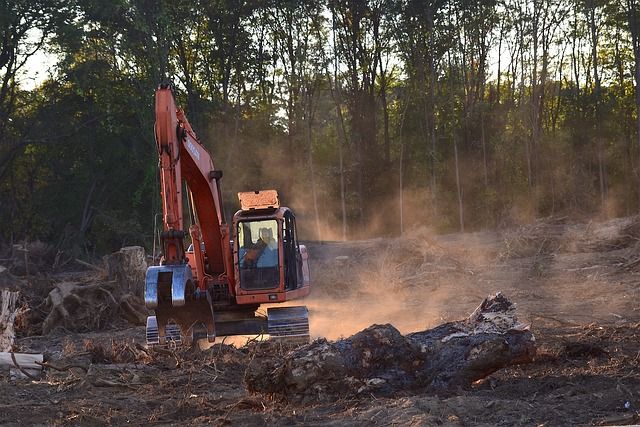To feed its huge population of farm stock, Denmark imports significant amounts of soya and therefore contributes to deforestation in countries where it is produced.
The same goes for palm oil for food and cosmetic products, and that’s not conducive to Denmark promoting itself as a global sustainability leader.
So the government has announced that by 2025 it is aiming for all Danish imports of soya and palm oil to be deforestation-free.
“It’s essential we make changes to stop deforestation, which harms the climate and destroys natural areas,” said the food minister, Rasmus Prehn.
“Our vision is that Denmark will only import deforestation-free soya and palm oil within a few years – a strong first step in the government’s ambition to make the agriculture and food sectors greener.”
READ ALSO: Huge decrease in household CO2 emissions during COVID-19 pandemic
A huge emitter
The government also intends to pressure the EU into ushering in preventative measures to combat deforestation and actively take part in international initiatives.
Denmark imports around 1.8 million tonnes of soya for livestock feed every year – most from South America, where production is often associated with deforestation.
Calculations from the University of Copenhagen (KU) estimate that Danish imports of soya and palm oil contribute emissions of over 7 million tonnes of CO2 annually.
KU believes this figure could be significantly reduced if the production was deforestation-free.
Read the government’s entire action plan on the subject here (in Danish).












